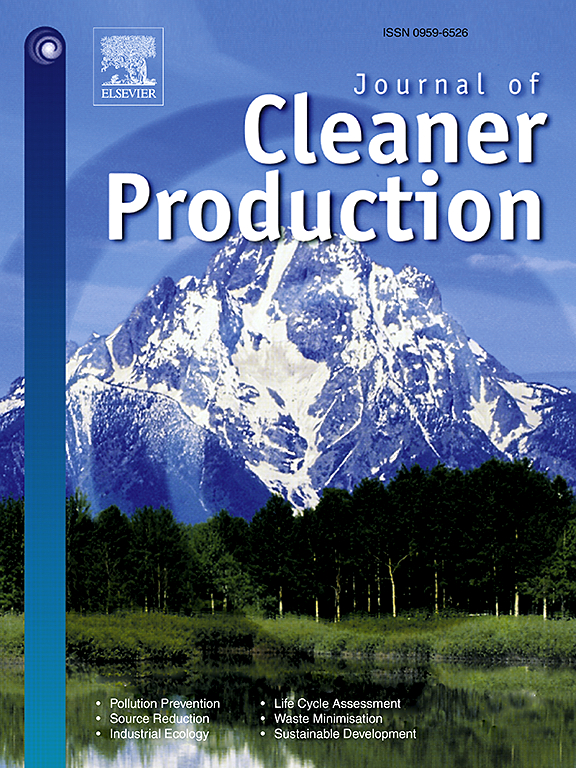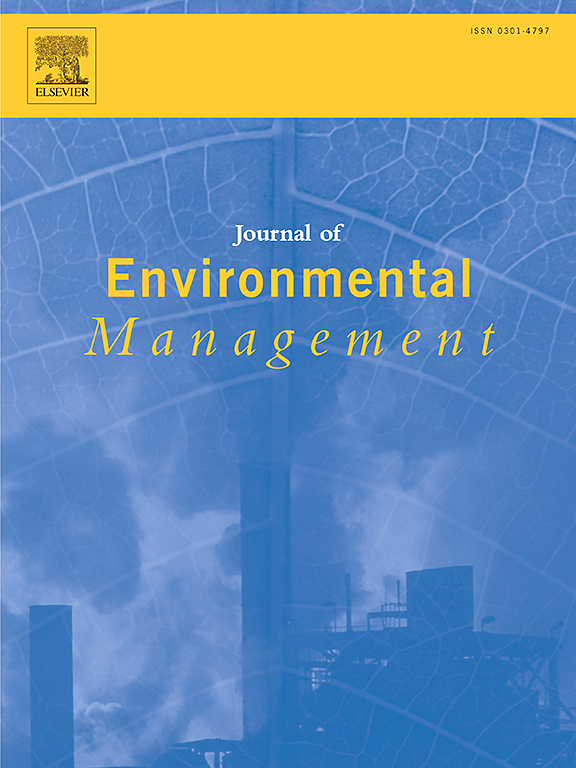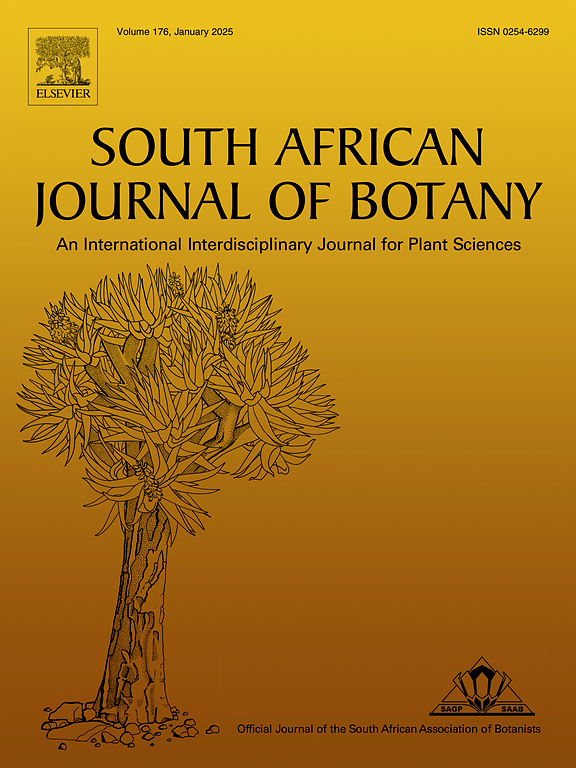Researchers in Australia have retracted a 2020 nanotechnology study after their institution’s research integrity office found the paper had misappropriated the work of undergraduate students at their school.
According to the retraction notice, the study stated the data belonged to an industry consulting project when in fact they originated from undergraduate work. The notice reads:
Continue reading Misappropriation of undergraduate work leads to study retractionPost-publication, the University of Sydney’s Research Integrity Office found that the article misrepresented research data as being derived from an industry consultancy project when it was from an undergraduate unit of study. In doing so, the work of the undergraduate students and a tutor for the unit of study was misappropriated.








